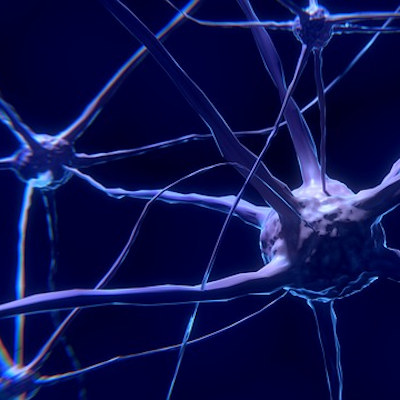 Implication of nervous system in anaphylaxis opens ways to treat severe allergic reactions
Implication of nervous system in anaphylaxis opens ways to treat severe allergic reactions
Heat-sensing neurons are key contributors to severe allergic shock reactions, according to a study in mice that points to ways to reverse life-threatening symptoms. Read More
 Clinical investigators need to be wary of confounding and bias in real-world studies; here is what to look for and how to address it
Clinical investigators need to be wary of confounding and bias in real-world studies; here is what to look for and how to address it
Clinical investigators use real-world data (RWD) in randomized trials and observational studies to produce real-world evidence (RWE) used to assess the safety and efficacy of an intervention and to inform product development, regulatory approval, and post-market surveillance efforts. Read More
A nanoparticle loaded with HER2-targeting antibody fragments and cytotoxic payloads performs a “hit and run” attack on gastric cancers in mice, eradicating the tumors while being safely cleared from the body via the kidneys to minimize toxicity. Read More
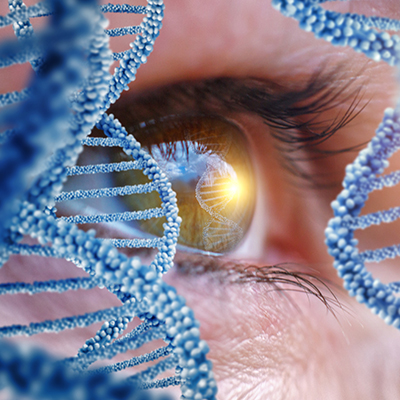 Gene-editing reverses vision loss in mice
Gene-editing reverses vision loss in mice
Researchers in China successfully restored the vision of mice with retinitis pigmentosa, a major cause of blindness in humans. The research, published Friday in the Journal of Experimental Medicine, describes a new form of CRISPR-based genome editing which has the potential to correct a variety of disease-causing genetic mutations. Read More
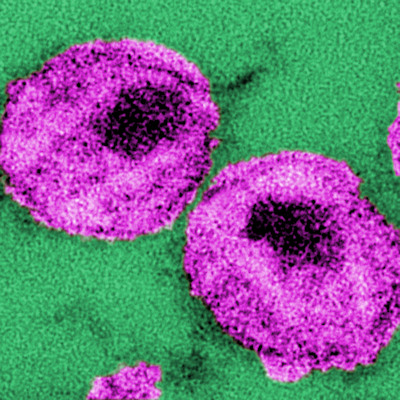 HIV potentially cured by transplanting umbilical cord stem cells in mixed race woman
HIV potentially cured by transplanting umbilical cord stem cells in mixed race woman
Transplanting stem cells from umbilical cord blood has potentially cured a mixed-race woman of HIV and freed her from taking antiviral medication, according to a case report published in Cell. Read More
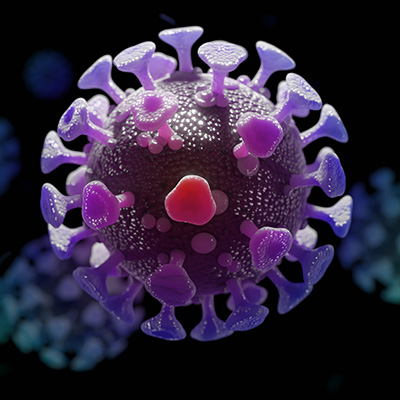 Simpler, cheaper screening method developed to democratize COVID-19 drug discovery
Simpler, cheaper screening method developed to democratize COVID-19 drug discovery
An alternative method for finding single-chain antibodies has yielded COVID-19 drug candidates that may be effective against variants of concern. Read More
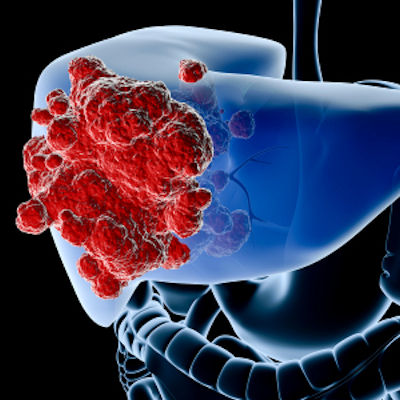 Enzyme-activated drug candidate points to new way to treat liver cancer
Enzyme-activated drug candidate points to new way to treat liver cancer
Small molecules that are activated by an enzyme produced by some tumors could improve the treatment of liver cancer, a study run by scientists at the National Institutes of Health (NIH) and Massachusetts General Hospital suggests. Read More
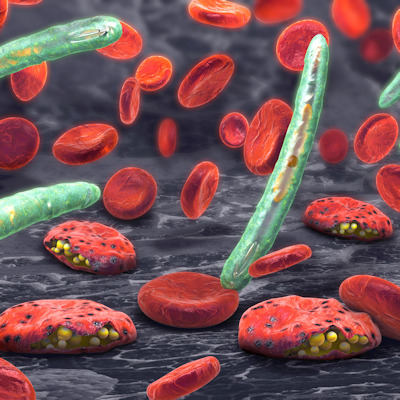 GHIT Fund provides $1.9M for malaria drug development
GHIT Fund provides $1.9M for malaria drug development
The Global Health Innovative Technology (GHIT) Fund on Monday announced approximately $1.9 million (260 million yen) in funding for the research and development of a new malaria drug. Read More
 A new immune pathway sheds light on ALS
A new immune pathway sheds light on ALS
A study indicates that inflammatory proteins involved in the innate immune system cause neuron damage and play a role in neurodegenerative diseases. Read More
 Therapeutic target may aid in glaucoma treatment
Therapeutic target may aid in glaucoma treatment
Indiana University School of Medicine researchers have identified a new therapeutic target that could lead to more effective glaucoma treatment. The research, published recently in Communications Biology, found that restoring mitochondrial homeostasis in diseased neurons can protect optic nerve cells from being damaged. Read More
Member Rewards
Earn points for contributing to market research. Redeem your points for merchandise, travel, or even to help your favorite charity.
Research Topics
Interact with an engaged, global community of your peers who come together to discuss their work and opportunities.
Connect
Tweets by @ScienceBoard



